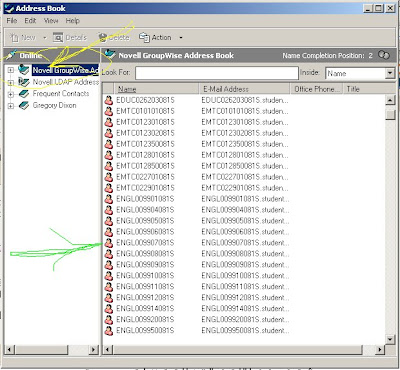The following workshops are being presented by the Kansas City Professional Development Council during February. These are free to KCKCC employees. To register contact Nancy Gordon at ngordon@ kckcc.edu or at 913-288-7140.
Legal Aspects of Supervision
When: Thu, February 5, 1pm – 5pm
Where: KCKCC
Description:This course familiarizes supervisors with the sources of the law, unlawful employment discrimination, justification and defenses to employee complaints, and considers preventive measures and proper language. It reviews sexual harassment and steps a supervisor can take to prevent it. After this workshop, participants will be aware of the varied complex responsibilities and will understand the impact of diversity on the legal aspects of supervision.
When: Fri, February 6, 6pm – 9pm
Where: Ottawa - Rm 303-305
Description: This course provides an introduction to multicultural education aims and methods as well as a look at the relevance of local history. Participants will study race, class, and gender inequalities and will probe these issues as co-investigators sharing their own best practices.
Online Instructional Strategies (FDP Elective)
When: Sat, February 7, 9am – 12pm
Where: Ottawa - Rm 303-305
Description: brain research shows that people learn best when they use as many of their senses as possible. With that in mind, participants in this workshop will learn about the science behind this teaching/learning concept, but spend most of their time developing, discussing, and practicing active learning strategies for their own courses. Instructors will leave this workshop with an understanding of different active learning strategies and models as well as how they themselves learn best.
Motivating Employees (SDP Core)
When: Thu, February 19, 1pm – 5pm
Where: DeVry - Room 218
Description: A look at what motivation is, how motivation turns into observable behaviors, the aspects of motivation, and how to elicit desired behaviors. The instructor will present the basic motivational theories and his approach to motivation. This course relies on interaction and participation from class members. Small groups, discussion questions and practical application are mainstays of this course. Participants will come to understand the impact of diversity on motivating employees.
Powerful Non-defensive Communication
When: Tue, February 24, 1:00pm – 4:30pm
Where: UMKC - Admin Center, 5115 Oak - Brookside Rm
Description: forthcoming












